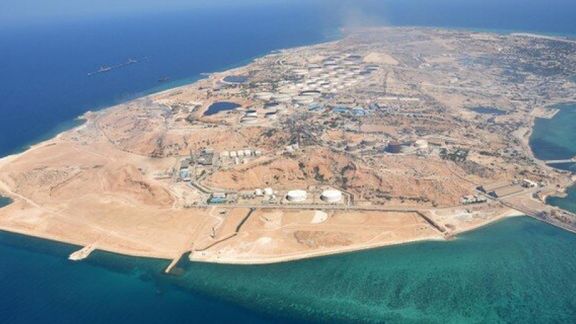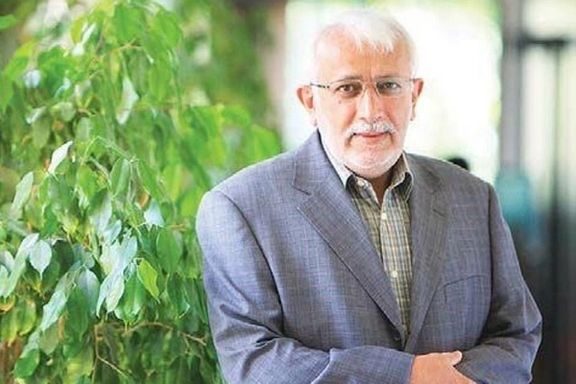Iran Is So Weak, Russia And China Ignore Its Interests - Ex-Diplomat

Iran has shown a weak reaction toward its important ally Russia, which this week endorsed a demand by the United Arab Emirates over three Persian Gulf islands.

Iran has shown a weak reaction toward its important ally Russia, which this week endorsed a demand by the United Arab Emirates over three Persian Gulf islands.
As Russia joined the Gulf Cooperation Council (GCC) members in support of the United Arab Emirates initiatives to look for “a peaceful settlement” over the ownership of Abu Musa, and the Greater and Lesser Tunb islands Tehran feels deeply annoyed, but it is too weak to show a serious response.
Britain, which maintained control of the three islands it had occupied in the 19th century, withdrew its forces from the Persian Gulf in 1971 and the United Arab Emirates was formed. However, Iran’s Imperial government at the time decided to reclaim what it believed were historical Iranian islands.
Mohammad Reza Shah sent the Iranian navy to secure all three in November of the same year. Iranian forces remain on the islands, with only Abu Musa having much of a civilian population of several thousand.
However, the UAE has maintained over the years that the islands belonged to littoral sheikdoms that joined to form the United Arab Emirates.
A former senior diplomat in Tehran, Qasem Mohebali says countries such as Russia and China believe that no matter what they say or do Tehran will continue to support them over Ukraine, Tibet and Taiwan.

In fact, Iran’s foreign minister Hossein Amir-Abdollahian tweeted Wednesday as an apparent response to Russia, reiterating Iran’s sovereignty on the islands, but shied away from mentioning Russia by name.
Mohebali, who was once the director general of Middle East Affairs at the Iranian Foreign Ministry, also said in an interview with moderate news website Entekhab that "Iran's friends apparently pay more attention to the wishes of its rivals."
He added that the odd stance by Russia is an outcome of Tehran's imbalanced foreign policy. This was a reference to Supreme Leader Ali Khamenei's ‘Looking East’ foreign policy which totally ignores the West and pins all hopes on Russia and China.
Many critics however have pointed out in recent years that Russia is not a trustworthy partner for Iran, neither on the nuclear issue nor in any other foreign policy or trade issue.
Russia joined the GCC on July 11 to support the UAE's demand to refer the case of the three islands to the International Court of Justice based on international laws and the UN charter.
Mohebali also drew attention to a similar move by China in December 2022, during President XI Jinping’s visit to Saudi Arabia. He argued that unlike the United States, Russia and China are not keen to call the waterway The Persian Gulf as Iran does, and they refer to it as "The Gulf" to appease the waterway's littoral Arab countries.
The former diplomat said European states also have supported the Arab states as they pay more attention to the other side's demands rather than to Iran's.
He said because of Iran's imbalanced foreign policy, China and Russia have far more extensive trade relations with the Persian Gulf Arab states than Iran does, and it is natural for them to look after their interests.
Asked how Tehran will respond to Russia's stance on the issue, Mohebali said: "Iran should tell Russia that it might change its position on the Ukraine war and Crimea."
IRGC-linked Tasnim news agency reported quoted Foreign Ministry Spokesman Naser Kanani as rejecting the issues raised in a joint statement of the GCC and Russia about the three Iranian islands in the Persian Gulf. “These islands belong to Iran eternally and issuing such statements run counter to the friendly relations between Iran and the neighbors,” the spokesman noted.
Tasnim added, "The islands of the Greater Tunb, the Lesser Tunb, and Abu Musa have historically been part of Iran, proof of which can be found and corroborated by countless historical, legal, and geographical documents in Iran and other parts of the world."